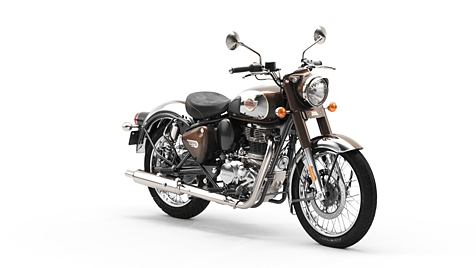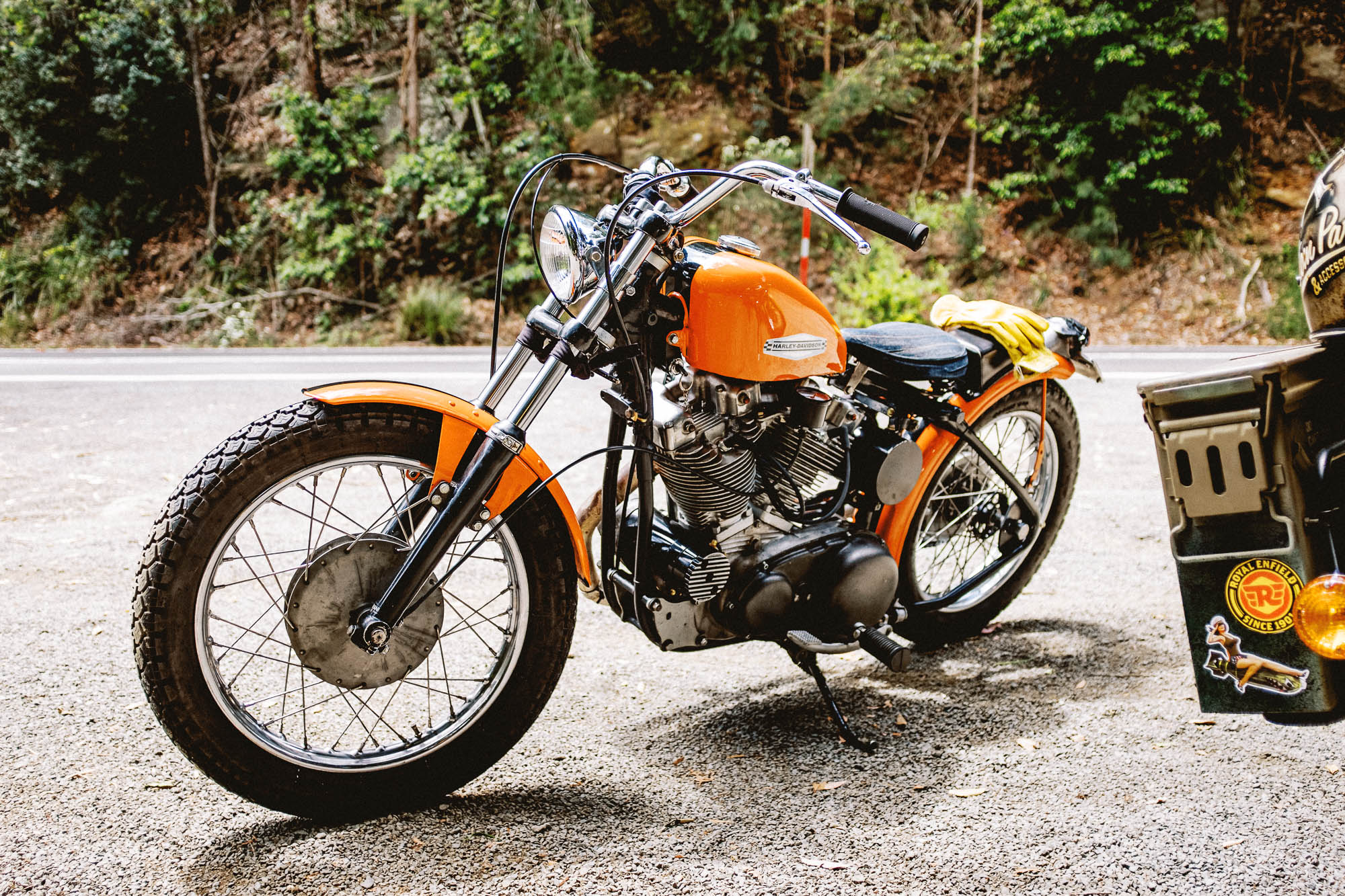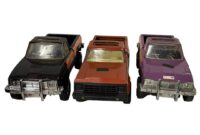Classic Ram Trucks For Sale: A Comprehensive Buyer’s Guide sale.truckstrend.com
In an automotive landscape increasingly dominated by sleek lines and digital dashboards, there remains a powerful allure for the robust, no-nonsense workhorses of yesteryear. Among these, classic Ram trucks stand tall – embodying an era of American manufacturing prowess, rugged durability, and timeless style. From the venerable Dodge D-series to the early generations of the Ram, these vehicles are more than just old trucks; they are a piece of history, a statement of character, and for many, a deeply personal passion.
This comprehensive guide delves into the world of classic Ram trucks for sale, offering insights for both seasoned collectors and first-time buyers. Whether you’re seeking a dependable farm truck, a head-turning showpiece, or a rewarding restoration project, understanding the nuances of these iconic machines is paramount. Join us as we explore what makes these trucks so desirable, how to navigate the buying process, and what to consider when bringing a piece of Ram heritage home.
Classic Ram Trucks For Sale: A Comprehensive Buyer’s Guide
The Enduring Appeal of Classic Ram Trucks
A "classic" Ram truck typically refers to models produced before the modern era, often encompassing the Dodge D-series trucks (pre-1981) and the first and second generations of the Ram (1981-2002). Their appeal is multi-faceted:
- Timeless Aesthetics: Unlike many modern vehicles, classic Rams possess a raw, honest design that speaks to their utilitarian purpose. Their strong lines, chrome accents, and often vibrant original paint schemes evoke a sense of nostalgia and genuine American craftsmanship.
- Unrivaled Durability: Built in an era when "planned obsolescence" was less prevalent, many classic Rams were engineered to be workhorses, capable of enduring decades of heavy use. Their robust frames, simple mechanics, and heavy-duty components contribute to their legendary longevity.
- Mechanical Simplicity: For enthusiasts and DIY mechanics, the relative simplicity of classic Ram trucks is a major draw. Without complex computer systems and intricate electronics, troubleshooting and repairs are often more straightforward, making them ideal for restoration projects or regular maintenance.
- Investment Potential: While not all classic trucks appreciate significantly, well-maintained, original, or professionally restored classic Rams, particularly rarer models or those with desirable engine/transmission combinations, can hold or even increase in value over time.
- Versatility: From hauling firewood and towing trailers to cruising down the highway or tackling off-road trails, classic Rams remain incredibly versatile. Their utility is a core part of their identity.
- Nostalgia and Character: For many, owning a classic Ram is about reliving a bygone era, connecting with family history, or simply enjoying the unique driving experience that modern vehicles often lack. Each dent and faded patch tells a story.
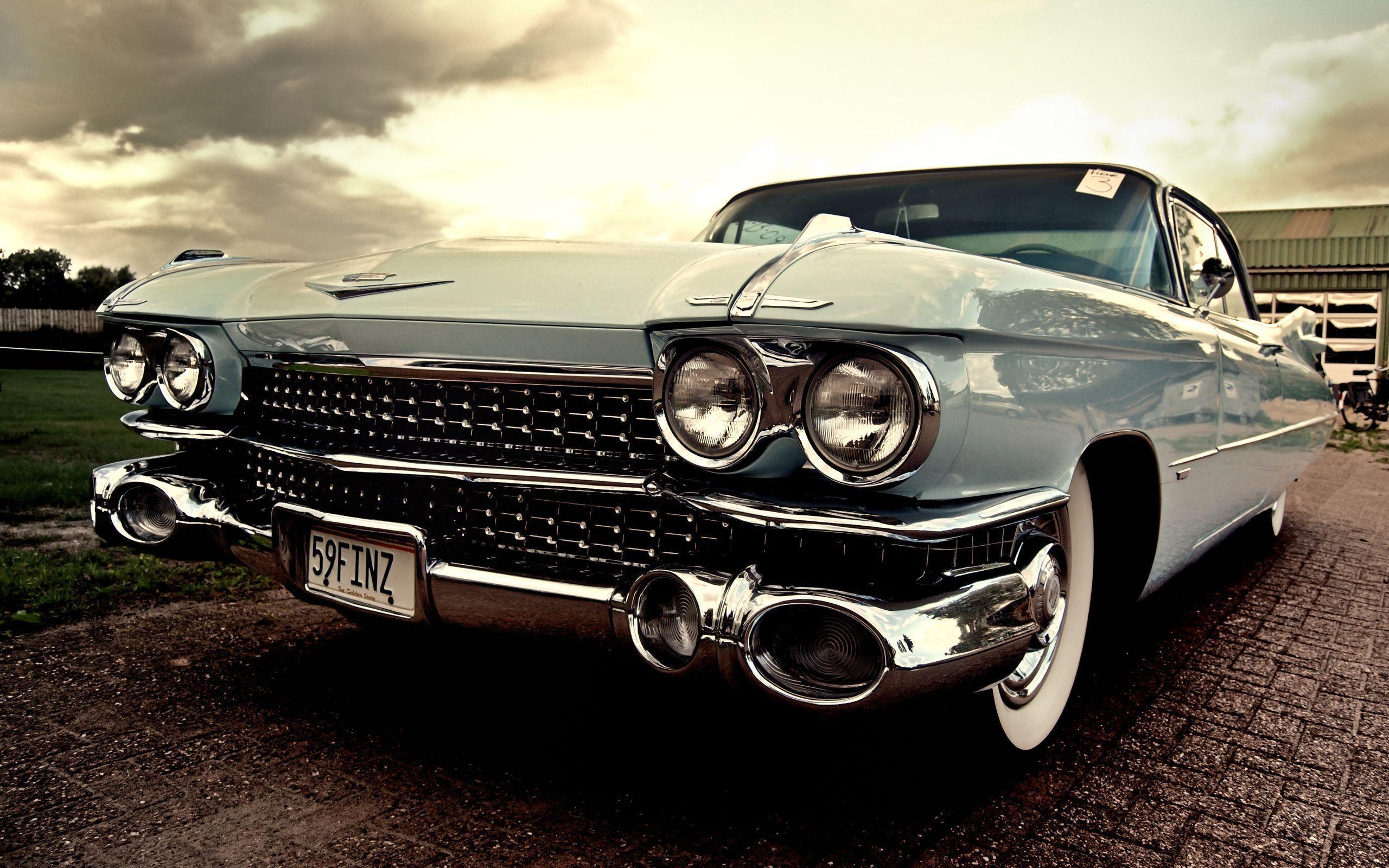
Navigating the Market: Finding Your Classic Ram
Finding the right classic Ram truck requires patience, research, and a keen eye. Here’s a step-by-step guide to help you in your search:
1. Define Your Needs and Budget
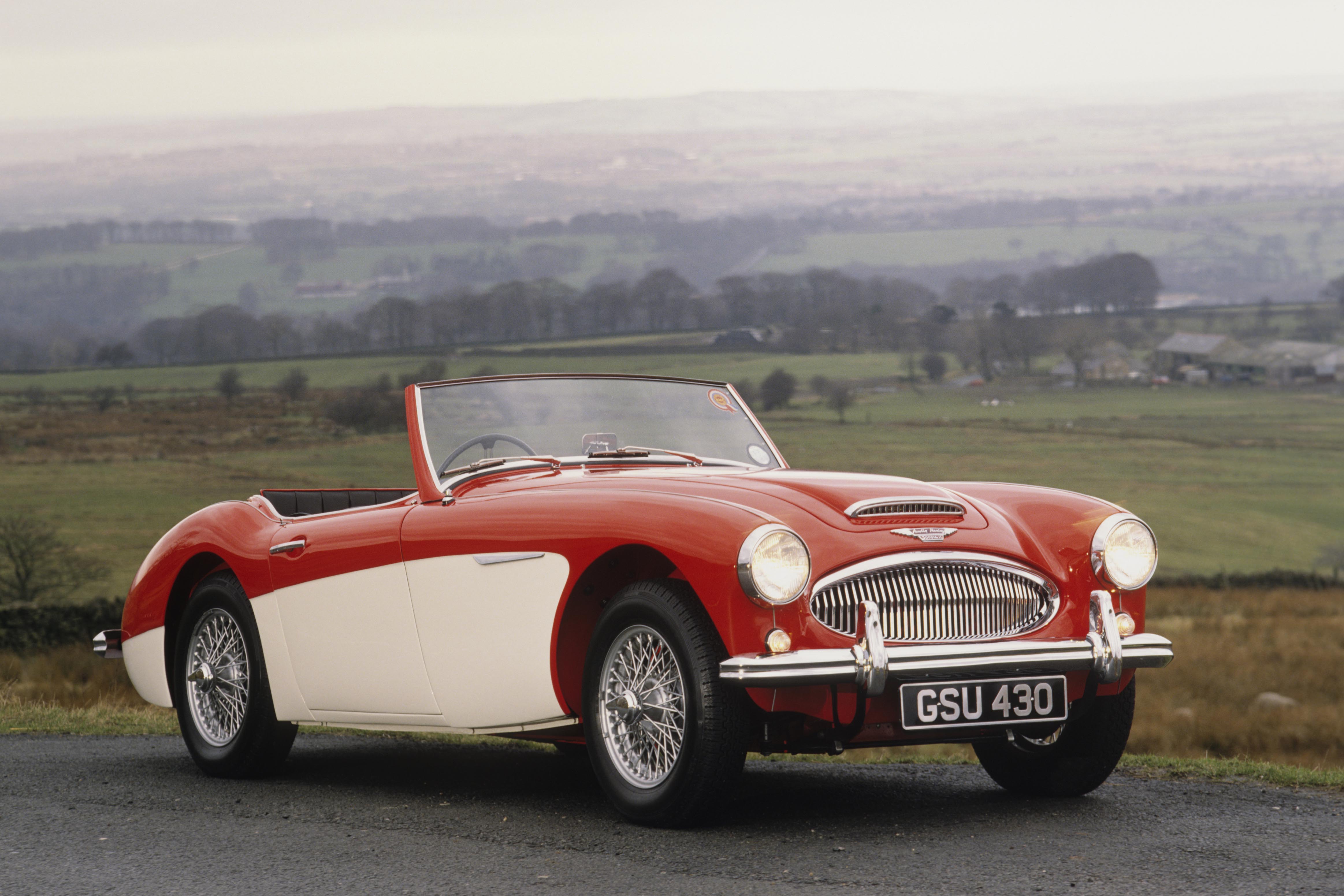
Before you start looking, clearly define what you want and what you can afford.
- Purpose: Will it be a daily driver, a weekend cruiser, a work truck, or a full restoration project? This will influence the condition you seek.
- Model/Generation: Do you prefer the older D-series, the first-gen Ram (often called the "First-Gen" or "First-Gen Cummins" for diesel models), or the more rounded second-gen? Research their defining characteristics.
- Engine/Transmission: Are you looking for a specific engine (e.g., the legendary Cummins diesel, a big-block V8) or a particular transmission type (manual vs. automatic)?
- Condition: Are you looking for a "driver" (runs and drives well, needs some cosmetic work), a "survivor" (original, unrestored, well-preserved), or a "project" (needs significant work)?
- Budget: Be realistic about not just the purchase price, but also potential repair costs, registration, insurance, and ongoing maintenance. Restoration costs can quickly exceed the truck’s value if not planned carefully.
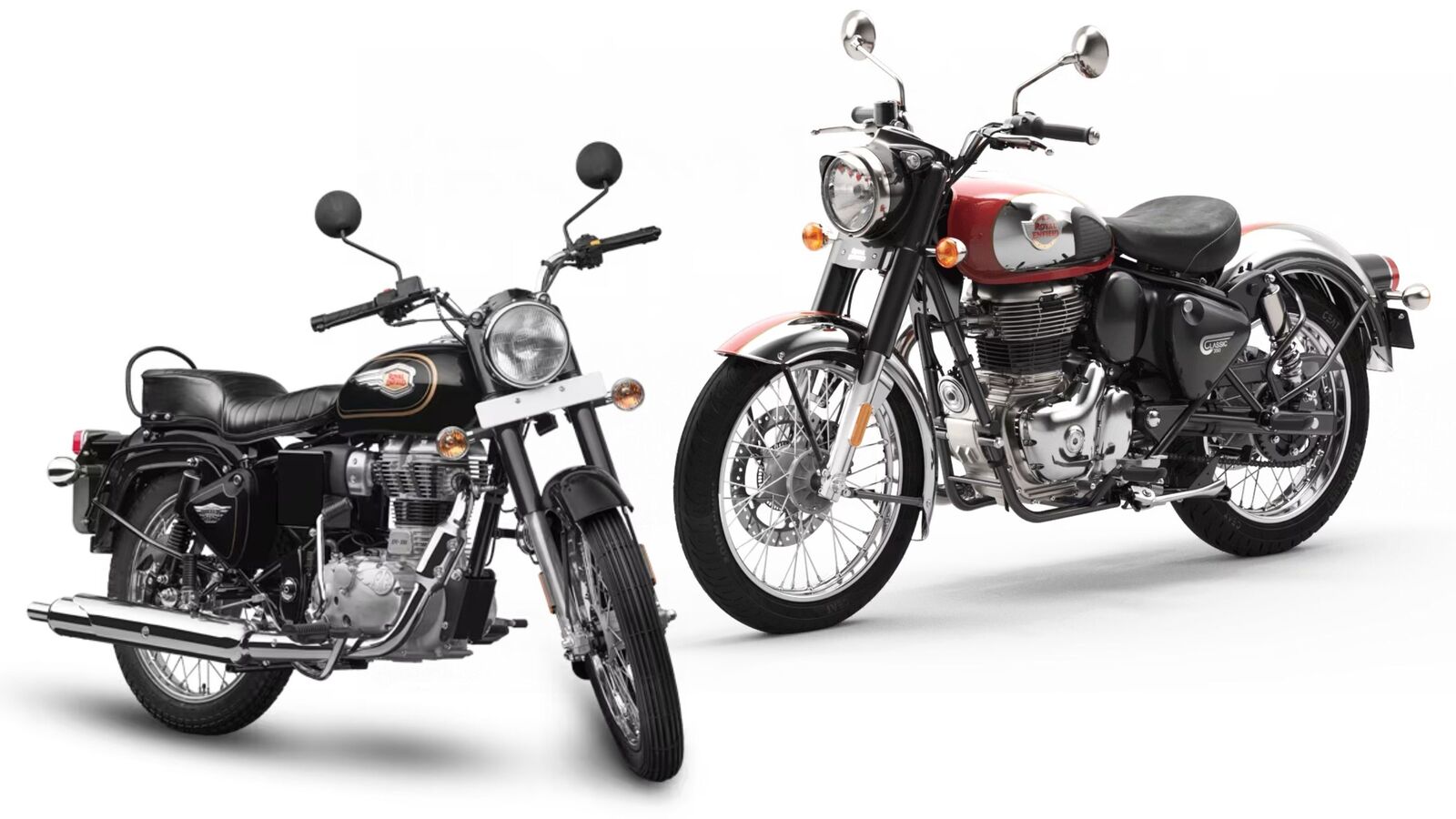
2. Where to Look for Classic Ram Trucks
- Online Marketplaces: Websites like eBay Motors, ClassicCars.com, Hemmings, Bring a Trailer, Facebook Marketplace, and dedicated classic truck forums are excellent starting points. Filter by make, model, and location.
- Specialty Dealerships: Some dealerships specialize in classic and vintage vehicles. While prices might be higher, these trucks are often thoroughly inspected and sometimes come with warranties.
- Local Classifieds & Auto Trader: Don’t overlook traditional methods, especially for finding local gems that might not be advertised online.
- Car Shows & Auctions: Attending classic car shows can be a great way to see trucks in person and network with owners. Auctions can offer unique opportunities but require quick decision-making and often come with "as-is" terms.
- Word of Mouth: Let friends, family, and local mechanics know you’re looking. You might uncover a hidden gem in someone’s barn.
3. The All-Important Inspection
Once you’ve found a promising candidate, a thorough inspection is crucial. If you’re not mechanically inclined, hire a reputable pre-purchase inspection (PPI) service or a trusted mechanic specializing in older vehicles.
- Rust: This is the arch-nemesis of classic vehicles. Check common rust areas: fender wells, rocker panels, cab corners, floorboards, bed mounts, and especially the frame. Surface rust is manageable, but extensive structural rust can be a deal-breaker or a very costly repair.
- Engine & Transmission: Listen for unusual noises (knocks, pings, excessive smoke). Check fluid levels and condition. Test drive the truck to ensure smooth shifting (automatic) or proper clutch engagement (manual). Look for leaks.
- Brakes & Steering: Ensure the brakes are firm and responsive, and the steering is tight with minimal play.
- Suspension: Check for worn bushings, shocks, and springs. Drive over bumps to listen for creaks or clunks.
- Electrical System: Test all lights, gauges, wipers, heater/AC, and power windows/locks.
- Interior & Exterior: Assess the condition of the seats, dashboard, headliner, and door panels. Look for significant body damage, poor paint jobs (which might hide rust or bondo), and missing trim pieces.
- Documentation: Verify the VIN on the truck matches the title. Check for a clear title and any service records.
Popular Classic Ram Truck Generations
Understanding the different eras of classic Ram trucks can help you narrow your search:
- Dodge D-Series (1961-1980): These are the true vintage workhorses. Characterized by their sturdy build and simple mechanics, they offered a range of inline-six and V8 engines. Models like the D100, D200, and D300 (light to heavy duty) are iconic. The "Sweptline" and "Adventurer" trims are particularly sought after.
- First-Generation Ram (1981-1993): This is where the "Ram" nameplate officially began. While still retaining many D-series characteristics, they introduced updated styling and, most notably, the legendary 5.9L Cummins turbo-diesel engine in 1989. These "First-Gen Cummins" trucks are highly prized for their durability, power, and fuel efficiency.
- Second-Generation Ram (1994-2002): A radical departure in styling, the second-gen Ram introduced the "big rig" look that revolutionized truck design. With more comfortable interiors and powerful engine options (including the Magnum V8s and the updated Cummins diesel), these trucks are excellent candidates for a classic daily driver or a more modern-feeling project. They are also generally more affordable than their older counterparts.
Important Considerations and Potential Challenges
While rewarding, owning a classic Ram comes with its own set of considerations:
- Parts Availability: For the D-series, some specific trim pieces or unique body panels can be challenging to find. However, mechanical parts for engines (especially common V8s and the Cummins) and driveline components are generally well-supported by aftermarket suppliers. Second-gen parts are abundant.
- Rust Remediation: If you buy a truck with significant rust, be prepared for costly and time-consuming repairs. Welding new metal is essential for structural integrity and longevity.
- Electrical Gremlins: Older wiring can become brittle, corroded, or simply worn out, leading to intermittent electrical issues. A full wiring harness replacement might be necessary for a full restoration.
- Fuel System Compatibility: Older trucks were designed for leaded gasoline. While most can run on unleaded with no issues, some may benefit from hardened valve seats or fuel additives to protect against wear. Diesel trucks generally don’t have this issue.
- Safety Features: Classic trucks lack modern safety features like airbags, ABS, and advanced crumple zones. Drive defensively and consider upgrading brakes or adding three-point seatbelts if not already present.
- Insurance: Obtain classic car insurance, which often offers better coverage and lower premiums than standard auto insurance for classic vehicles.
Practical Advice and Actionable Insights
- Join Forums & Clubs: Online forums and local classic truck clubs are invaluable resources for advice, parts sourcing, and connecting with fellow enthusiasts.
- Start Simple: If it’s your first classic vehicle, consider a "driver" that needs less intensive work, or a popular model with good parts availability.
- Budget for the Unexpected: Always set aside an emergency fund for unforeseen repairs or components that need replacing.
- Learn Basic Mechanics: Even if you plan to hire out major work, understanding the basics of your truck’s systems will save you money and empower you.
- Document Everything: Keep detailed records of all maintenance, repairs, and modifications, along with receipts. This is crucial for future sales or insurance claims.
- Patience is a Virtue: Finding the right classic Ram takes time. Don’t rush into a purchase. Be prepared to walk away if a deal doesn’t feel right.
Estimated Price Ranges for Classic Ram Trucks (Representative Guide)
Prices for classic Ram trucks vary wildly based on year, model, engine, condition, mileage, originality, and location. This table provides a general guide and should not be taken as definitive. "Project" means significant work is needed; "Good Driver" means roadworthy with minor issues; "Restored" implies professional-level restoration.
| Model/Generation | Years | Condition: Project ($) | Condition: Good Driver ($) | Condition: Restored/Show ($) | Notes |
|---|---|---|---|---|---|
| Dodge D-Series | 1961-1980 | $2,000 – $7,000 | $8,000 – $20,000 | $25,000 – $60,000+ | Simpler mechanics, unique styling. Rarer models (e.g., Power Wagon) can exceed these ranges. |
| First-Gen Ram (Gas) | 1981-1993 | $3,000 – $8,000 | $9,000 – $22,000 | $25,000 – $50,000+ | More modern feel than D-series. Gas models generally less expensive than diesels. |
| First-Gen Ram (Cummins) | 1989-1993 | $6,000 – $15,000 | $18,000 – $40,000 | $45,000 – $80,000+ | Highly sought after for the 5.9L Cummins diesel. Prices vary significantly by mileage/condition. |
| Second-Gen Ram (Gas) | 1994-2002 | $2,500 – $7,000 | $7,500 – $18,000 | $20,000 – $40,000+ | Abundant supply, modern look, good daily driver potential. V10 models can fetch more. |
| Second-Gen Ram (Cummins) | 1994-2002 | $5,000 – $12,000 | $15,000 – $35,000 | $40,000 – $70,000+ | Still highly desirable for the 5.9L Cummins. 24-valve models generally command higher prices. |
Note: These are rough estimates. A truly pristine, low-mileage, or highly customized example of any generation could sell for significantly more. Conversely, a heavily rusted or non-running project could be much cheaper.
Frequently Asked Questions (FAQ) about Classic Ram Trucks For Sale
Q1: What defines a "classic" Ram truck?
A1: While there’s no strict official definition, most enthusiasts consider Ram trucks produced up to the early 2000s as classic, particularly the Dodge D-series (pre-1981) and the first and second generations of the Ram (1981-2002). Some might extend it to early 3rd-gen models depending on context.
Q2: Are classic Ram trucks reliable for daily driving?
A2: With proper maintenance and any necessary repairs/upgrades, many classic Rams (especially the first and second generations) can be reliable daily drivers. Their simple mechanical nature often makes them easier to maintain than modern vehicles, though they lack modern safety features and fuel efficiency.
Q3: Are parts hard to find for classic Ram trucks?
A3: For common mechanical components (engine parts, brakes, suspension), parts are generally available through aftermarket suppliers. Body panels and specific trim pieces for older D-series trucks can be harder to source. For first and second-gen Rams, parts availability is quite good.
Q4: Which classic Ram engine is considered the best?
A4: The 5.9L Cummins turbo-diesel engine, introduced in the first-gen Ram (1989-1993) and continued through the second-gen, is widely regarded as one of the most reliable and powerful engines in classic truck history. For gasoline engines, the Magnum V8s (5.2L and 5.9L) in the second-gen are popular.
Q5: How much does it cost to restore a classic Ram truck?
A5: Restoration costs vary widely depending on the truck’s initial condition and the desired level of restoration. A full frame-off, show-quality restoration can easily cost $30,000 to $70,000 or more, often exceeding the truck’s market value. A "driver-quality" restoration might range from $10,000 to $25,000.
Q6: What should I look out for regarding rust?
A6: Common rust spots include rocker panels, cab corners, floorboards, fender wells, bed sides, and the frame. Pay close attention to structural areas. Use a magnet to detect areas filled with body filler (bondo) that might hide rust.
Q7: Can I finance a classic Ram truck?
A7: Yes, several specialty lenders offer financing for classic and collector vehicles. Interest rates and terms may differ from conventional auto loans.
Conclusion
The pursuit of a classic Ram truck is more than just a purchase; it’s an embarkation on a journey into automotive history, a commitment to enduring craftsmanship, and often, a fulfilling personal project. These trucks represent a golden age of American vehicle manufacturing, built to work hard and last even longer.
By understanding the different generations, knowing where to look, conducting thorough inspections, and being realistic about the potential challenges and rewards, you can confidently navigate the market for classic Ram trucks for sale. Whether you desire a rugged workhorse, a nostalgic cruiser, or a rewarding restoration, the right classic Ram is out there waiting for its next chapter. Embrace the character, the rumble of the engine, and the undeniable presence that only a classic Ram can offer, and you’ll be joining a proud community of enthusiasts who appreciate vehicles built with purpose and passion.
